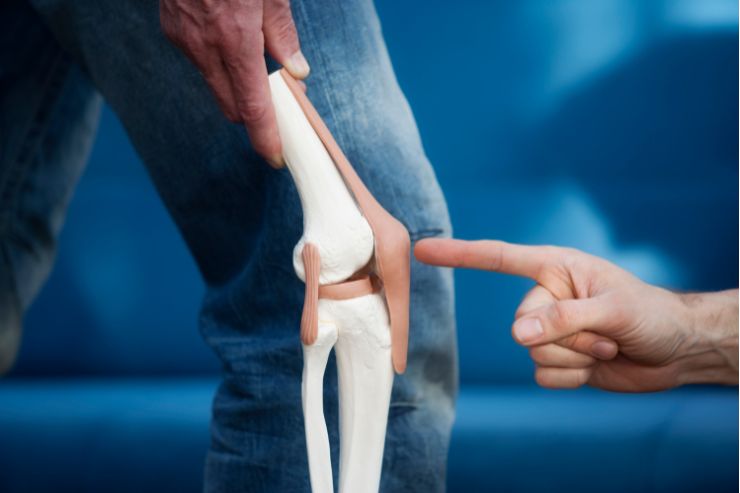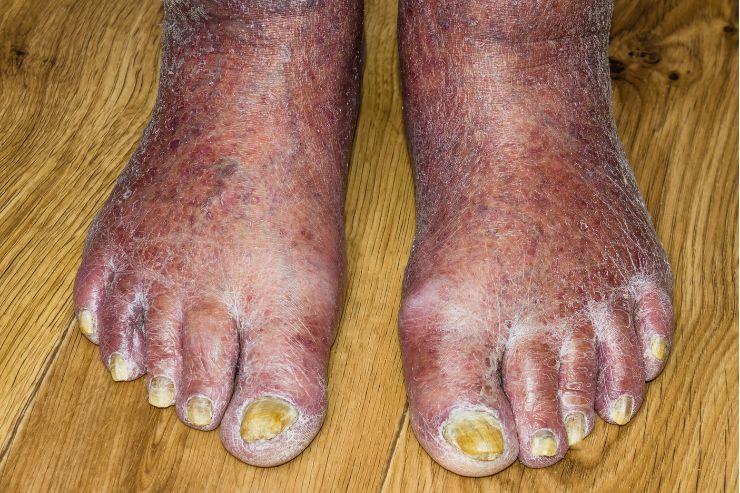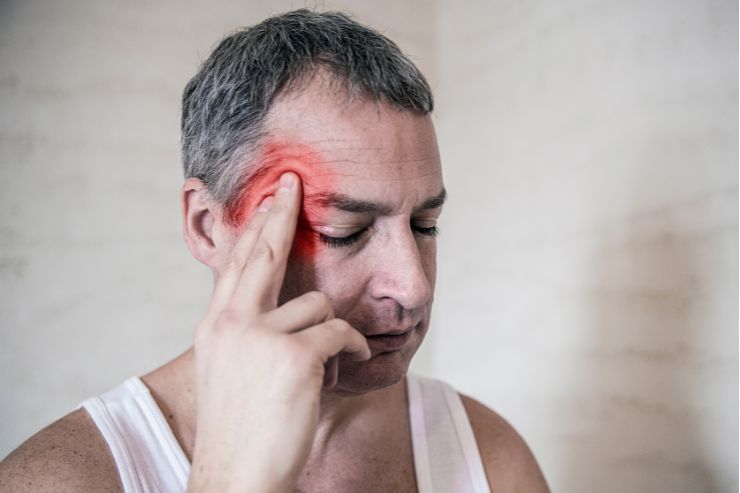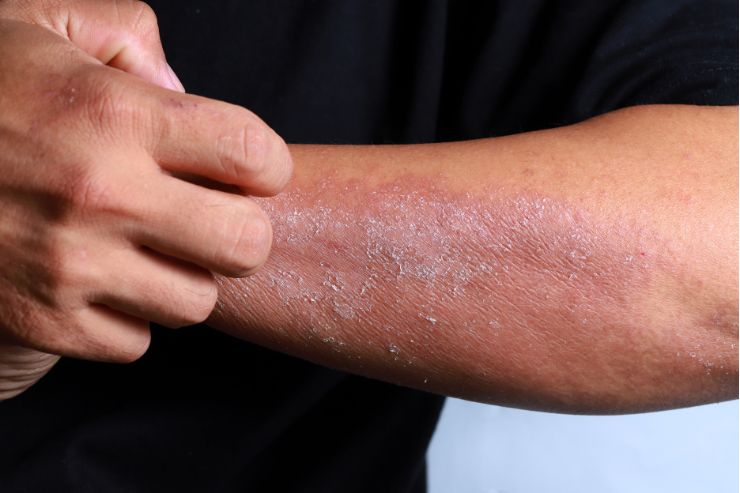
Rheumatoid Arthritis (RA) is a chronic autoimmune disorder that primarily affects the joints, causing inflammation, pain, and stiffness.

Osteoarthritis (OA) is the most common form of arthritis, affecting millions worldwide. It is a degenerative joint disease that primarily affects the cartilage.

Juvenile Idiopathic Arthritis (JIA), formerly known as Juvenile Rheumatoid Arthritis (JRA), refers to a group of chronic inflammatory joint conditions that affect children.

Reactive arthritis, also known as Reiter’s syndrome, is a type of inflammatory arthritis that develops in response to an infection in another part of the body.

Behcet’s disease, also known as Behçet syndrome, is a rare autoimmune condition that causes inflammation in blood vessels throughout the body.

Giant cell arteritis (GCA), also known as temporal arteritis, is a type of vasculitis that affects the medium to large arteries, particularly those in the head.

Polymyalgia rheumatica (PMR) is an inflammatory disorder that causes muscle pain and stiffness, especially in the shoulders, neck, hips, and thighs.

Gout is a type of arthritis caused by the buildup of uric acid crystals in the joints, leading to sudden and severe pain, inflammation, and swelling.

Sjögren’s syndrome is an autoimmune disorder where the body’s immune system mistakenly attacks its own moisture-producing glands, primarily affecting the eyes and mouth.

Ankylosing spondylitis (AS) is a type of inflammatory arthritis that primarily affects the spine, causing inflammation of the joints between the vertebrae vertebral joints.

Psoriatic arthritis (PsA) is a type of inflammatory arthritis that affects some people who have psoriasis, a chronic skin condition characterized by red, scaly patches that may itch or burn.

Systemic Lupus Erythematosus (SLE) is an autoimmune disease where the body’s immune system mistakenly attacks healthy tissues.